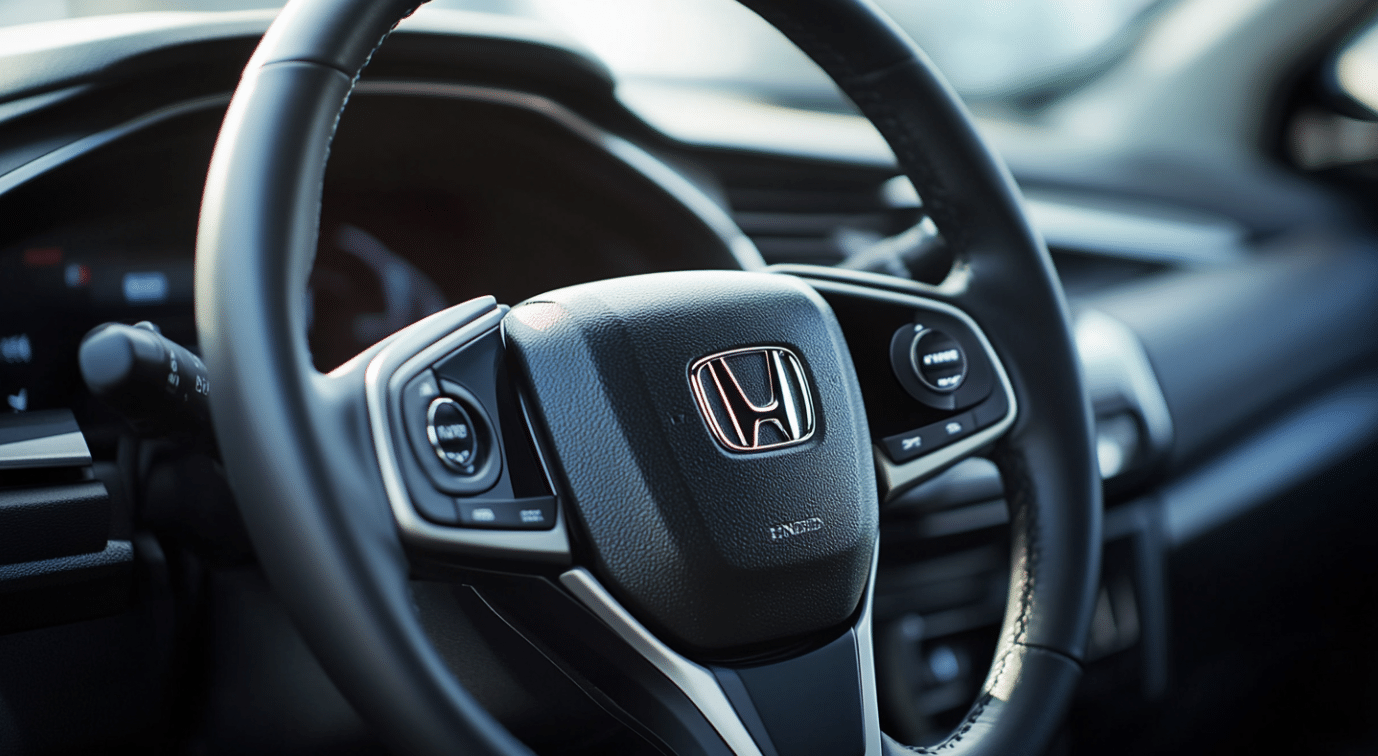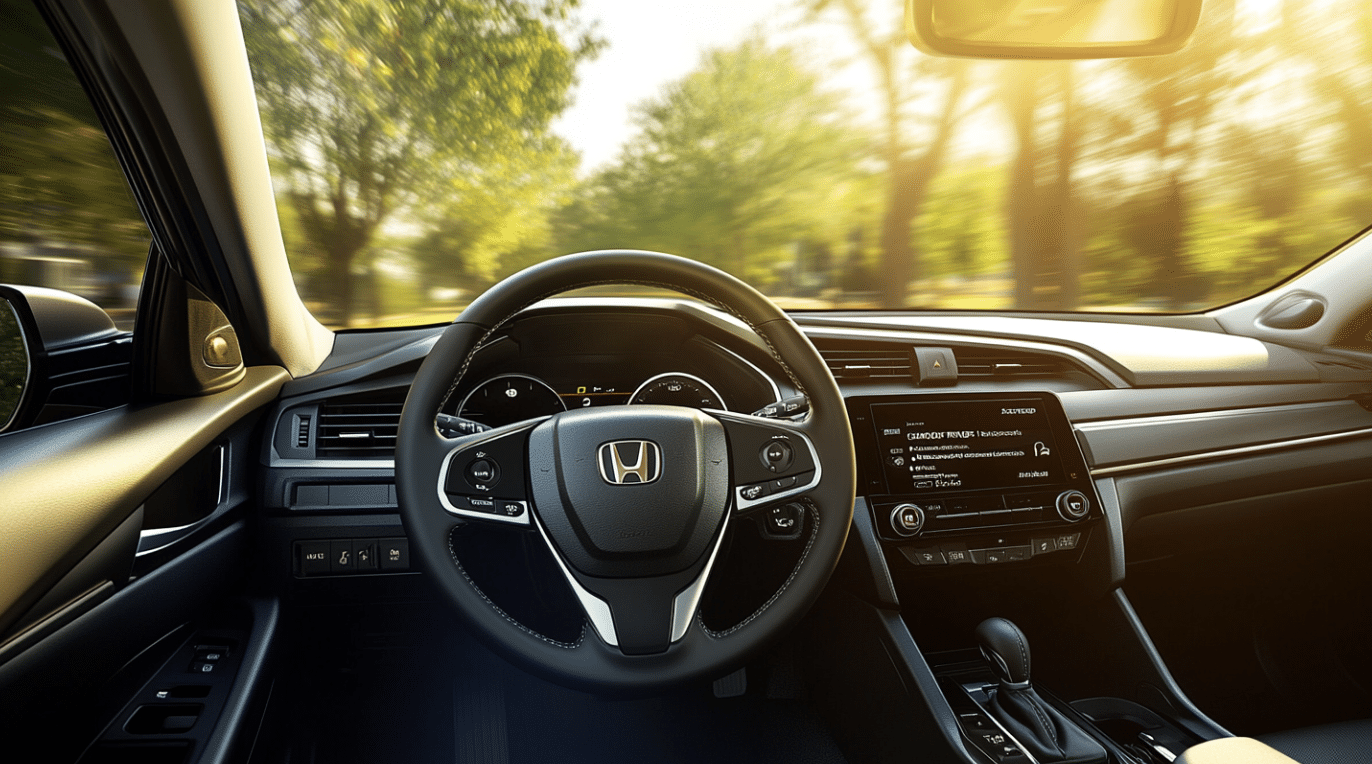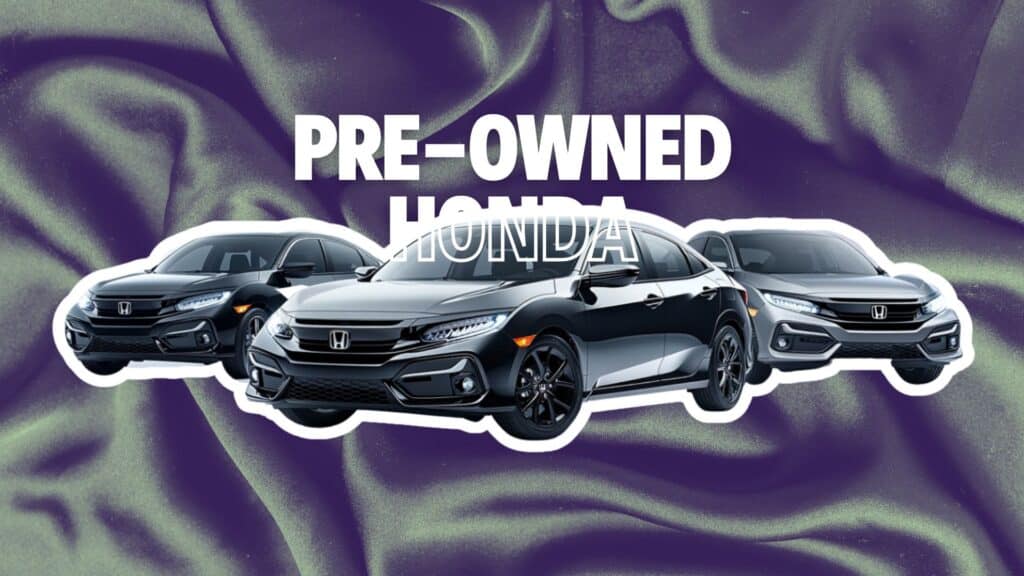Car buyers often seek reliable vehicles without the high prices of a new car. Honda Certified pre-owned vehicles offer a smart solution, combining the benefits of used cars with added assurances. However, there are key things to know before making a decision.
This guide explores the top considerations when buying a Honda Certified Pre-Owned vehicle. It covers everything from understanding what “certified pre-owned” really means to the benefits of choosing a Honda CPO car.
By the end, readers will know to make a confident choice in their next car purchase. The information provided will help buyers navigate the CPO market and potentially save money while getting a high-quality vehicle.
Important Considerations Before Buying a Honda CPO Car
A test drive is key when buying a Honda Certified pre-owned vehicle. This hands-on experience lets buyers assess the car’s performance, comfort, and overall condition.
It helps uncover potential issues that might not be visible during a quick look or in the vehicle history report. Taking the time to test drive a car properly can save buyers from future headaches and unexpected repairs.
1. Key Elements to Check During the Test Drive

When test-driving a Honda Certified pre-owned car, focus on these important aspects:
Steering and Handling: Evaluate how the car handles turns, curves, and straight driving. The steering should feel responsive and not too loose or too tight. Any pulling to one side or vibrations in the steering wheel are red flags.
Engine Performance: Listen carefully for odd noises like knocking, clicking, or whining that might indicate engine problems. A smooth, quiet engine is a good sign.
Braking System: Test the brakes by applying different levels of pressure. The car should stop smoothly without pulling to either side. Any squealing or grinding noises need attention.
Transmission Functionality: Pay close attention to how the transmission shifts. It should change gears smoothly and respond quickly without jerks or delays.
Suspension Comfort: Drive over bumps or rough roads to check the suspension. The ride should be comfortable without excessive bouncing or rattling. Unusual noises when going over bumps might indicate worn suspension components.
2. Pushing the Car to Its Limits

Testing the Honda Certified pre-owned vehicle under various conditions is important to understand its performance. Try accelerating quickly to see how the engine responds.
Drive at highway speeds to check for stability and noise levels. Take some sharp turns to assess the car’s handling. These tests can reveal weaknesses like poor acceleration, steering issues, or uncomfortable handling at high speeds.
3. Inspecting the Interior and Exterior of The Car

After the test drive, take time to inspect both the inside and outside of the car carefully:
Interior: Check for wear on the seats, the dashboard, and the control buttons. This can give you an idea of how well the previous owner cared for the car. Ensure all electronic features work properly, including the air conditioning, entertainment system, and all lights.
Exterior: Look closely for signs of rust, paint differences, and any damage that might show previous accidents or poor repairs. Examine the tires for uneven wear, which could point to alignment issues or other problems.
4. Bringing a Mechanic or Trusted Expert
Consider bringing a mechanic or a trusted car expert along for the test drive. They can provide a professional opinion on the car’s condition, spotting potential issues that might not be obvious to the average buyer. Their expertise can help you make a more informed decision about whether the Honda Certified Pre-Owned vehicle is a good choice.
Key Questions to Ask Before the Purchase
Is the Price Fair?
Determining Reasonable Pricing: Knowing the price is fair is crucial when looking at Honda Certified pre-owned vehicles. Start by checking resources like Kelley Blue Book or Edmunds to find the average market value for similar cars.
Look at the vehicle’s inside and out condition and factor this into your price evaluation. Remember, mileage plays a big role in a car’s value. Generally, lower mileage means a higher price, but compare it with the average car age.
Comparing Prices: Compare the asking price with similar Honda CPO vehicles in your area. This helps ensure you’re getting a competitive deal. If the price seems much higher or lower than average, ask why. There might be a good reason, or it could be a warning sign.
What is the History of a Certified Pre Owned Car?
Checking a Honda Certified Pre-Owned car’s history is key to avoiding surprises later. Always review the CARFAX® Report. This shows any recorded accidents, service records, and ownership history. Regular maintenance is a good sign that the car has been well cared for.
Check for any vehicle recalls and ensure these issues are fixed. Also, ask about the reconditioning done on the car. Many CPO vehicles undergo improvements before sale, so it’s good to know what work was done and check its quality.
What is the Dealer’s Return Policy?
Knowing the return policy is important if you’re unhappy with your purchase. Ask how long the return window is—depending on the dealer, it can vary from a few days to a few weeks.
Make sure you understand the conditions for returns. Are there any fees or charges if you bring the car back? A generous return policy gives you more time to test the car in different conditions and make sure it’s right for you.
Honda Certified Pre-Owned (CPO) Certification Process
| Certification Steps | Details |
|---|---|
| 1. Vehicle History Check | Ensures a clean title and no major accidents. |
| 2. Age and Mileage Limits | Only vehicles under six years old with less than 80,000 miles qualify. |
| 3. 182-Point Inspection | A comprehensive check covering mechanical, frame, and appearance aspects. |
| 4. Reconditioning | Worn parts are replaced to meet Honda’s high standards. |
| 5. Road Test | Ensures the vehicle performs well under normal driving conditions. |
| 6. Detailing | The car is thoroughly cleaned inside and out to enhance its appearance. |
Honda CPO Ownership Experience: What to Expect Post-Purchase
1. Post-Purchase Support and Maintenance
Ongoing Support: Honda Certified Pre-Owned vehicle owners can expect comprehensive post-purchase support. This includes complimentary maintenance services like oil changes and tire rotations during the initial ownership period, which can save time and money.
One big advantage is the ease of servicing nationwide. Owners can take their vehicle to any Honda-certified dealership across the country. This means trained technicians using genuine Honda parts will handle your car, giving you peace of mind wherever you are.
Service Scheduling and Reminders: Honda dealerships often provide reminders for scheduled maintenance. This helps owners keep their vehicles in top shape without remembering every service interval.
2. Resale Value and Long-Term Benefits
Retaining Value: Honda CPO cars typically hold their value better than non-certified used cars. This is because of the strict certification process and the quality assurance that comes with CPO status.
Owners can expect a higher resale value when selling or trading in the vehicle than non-certified vehicles. The CPO label is attractive to future buyers, which can translate to better offers.
Extended Warranty Coverage: Honda CPO vehicles have extended warranties, such as the Honda Certified Powertrain Warranty and HondaTrue Non-Powertrain Warranties. These warranties cover major components, saving owners much money over time.
3. Customer Satisfaction and Return Policies
Honda is dedicated to customer satisfaction. Many Honda dealerships offer an exchange policy within a specified time frame. If you’re unhappy with your purchase, you can return the vehicle or exchange it for another CPO car.
Honda also provides ongoing customer support. If any concerns or issues arise after purchase, Honda’s customer service team is there to help. They’re committed to solving problems to ensure owners have a positive experience with their CPO vehicles.
4. Ownership Costs
Consider long-term expenses beyond the purchase price when buying a Honda Certified Pre-Owned vehicle. While CPO cars often have lower maintenance costs due to their thorough inspection and initial warranty coverage, you’ll still need to budget for regular services, potential repairs after the warranty period, and fuel.
Insurance rates for CPO vehicles typically fall between those of new and regular used cars. CPO vehicles often offer good value despite these costs, with slower depreciation and potentially fewer unexpected repairs than non-certified used cars. Always factor in these ongoing expenses when planning your car budget.
Conclusion
Buying a Honda Certified Pre-Owned vehicle can be a smart choice for those seeking quality and value. Buyers can make an informed decision by understanding the certification process, asking the right questions, and thoroughly inspecting the vehicle.
The benefits of a CPO Honda extend beyond the initial purchase, with ongoing support, potential long-term savings, and better resale value.
Remember to take your time during the selection process, leverage the available resources, and don’t hesitate to seek expert advice when needed.
With careful consideration and the knowledge gained from this guide, you’re well-equipped to find a Honda-certified pre-owned vehicle that meets your needs and provides years of reliable service. Happy car hunting!
Frequently Asked Questions (FAQs)
Does the Honda Certified Warranty Cover the Battery?
Honda Certified Warranty often covers the battery for a limited time. Coverage varies based on warranty terms and vehicle age. Check with your Honda dealer for specific details.
What is Not Covered by The Honda Warranty?
Honda Warranty typically excludes normal wear, routine maintenance, accident damage, misuse, aftermarket modifications, cosmetic issues, environmental damage, and problems from improper maintenance or non-Honda parts use.
What Typically Differentiates a Certified Pre-Owned Car from Other Pre-Owned Cars?
Certified Pre-Owned cars undergo thorough inspections and reconditioning and come with extended warranties. They’re usually newer, have lower mileage, clean histories, and offer perks like roadside assistance.

